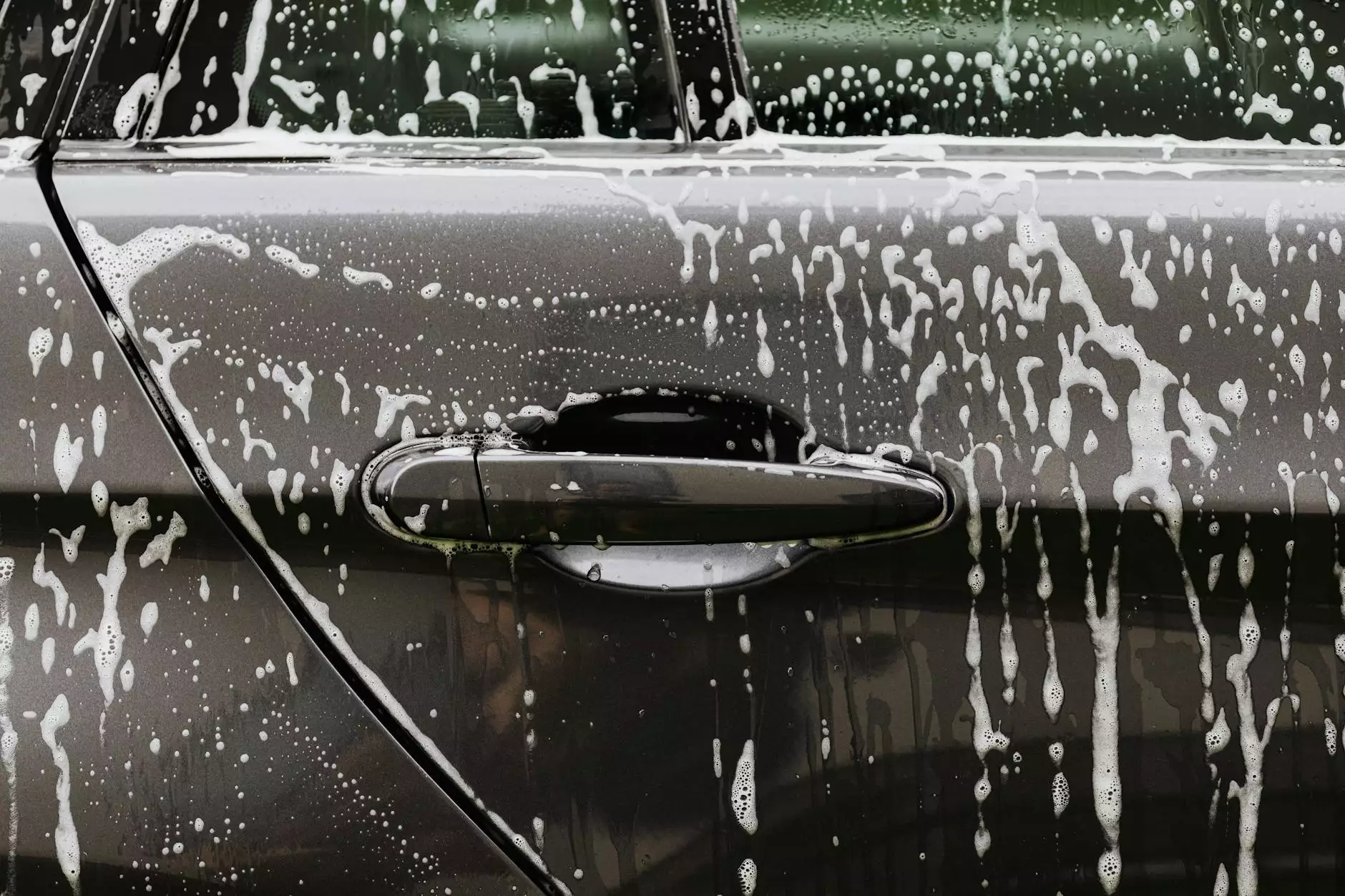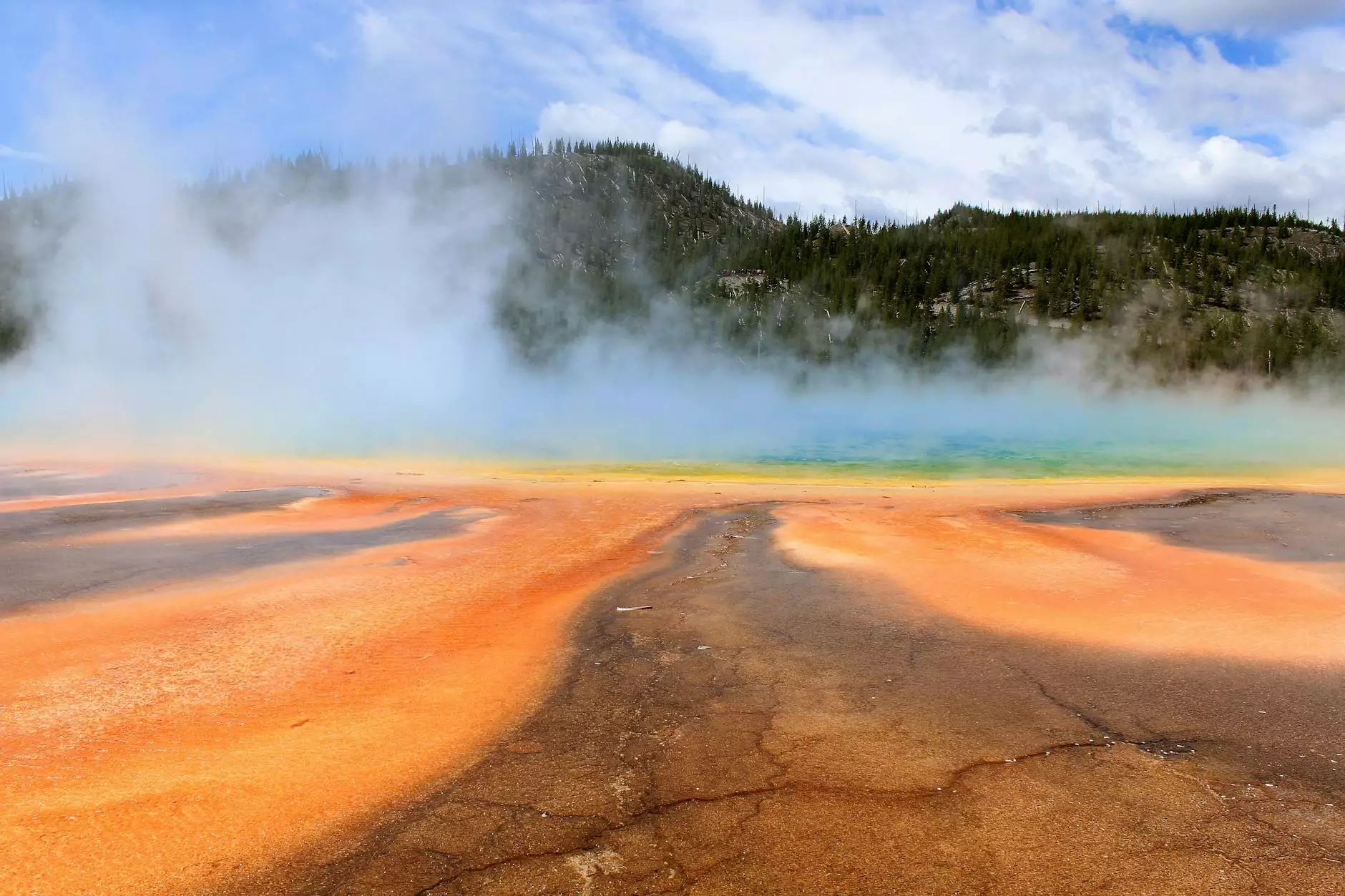Understanding Industrial Water Cleaner Solutions

Industrial water cleaners play a crucial role in maintaining the integrity and functionality of various industrial operations. These systems are designed to remove impurities, toxins, and sediments from water, ensuring that industries have access to clean, safe water for their operations. This article aims to unravel the complexities of water purification services, highlight the significance of reliable water suppliers, and provide insights into water stores that cater to diverse industrial needs.
What is an Industrial Water Cleaner?
An industrial water cleaner is a specialized system engineered to purify water in industrial settings. These systems are used across various sectors, such as manufacturing, food and beverage, pharmaceuticals, and energy. They utilize advanced technologies to address issues related to water quality, including contamination from heavy metals, chemical residues, and biological pollutants.
Key Components of Industrial Water Cleaners
- Filtration Systems: Removes larger particles and sediments.
- Reverse Osmosis: A process that effectively eliminates dissolved salts and other impurities.
- Ultraviolet (UV) Disinfection: Destroys microorganisms that contaminate water.
- Activated Carbon Filters: Absorbs volatile organic compounds and improves taste and odor.
The Importance of Water Purification Services
Water purification services are essential for industries that rely on high-quality water. Clean water ensures that operations run smoothly and comply with health and safety regulations. Here are several critical benefits of professional water purification services:
1. Compliance with Regulations
Industries are often required to adhere to stringent environmental regulations concerning water usage and discharge. Engaging water purification services enables compliance and mitigates legal risks.
2. Enhanced Operational Efficiency
Using purified water enhances the efficiency of machinery and processes. It reduces the risk of scaling in pipes and equipment, leading to lower maintenance costs and prolonged equipment lifespan.
3. Improved Product Quality
In sectors like food and beverage, the quality of ingredients can significantly affect the final product. Clean water is a fundamental component in ensuring product safety and quality, which ultimately impacts brand reputation.
4. Health and Safety
Employee health and safety are paramount in any industrial setting. Unclean water can lead to occupational hazards and health issues. Implementing effective water purification reduces these risks.
Choosing Reliable Water Suppliers
Choosing the right water supplier is another critical factor in ensuring your industrial operations are not hindered by water-related issues. Here are some criteria to consider when selecting a supplier:
1. Quality Assurance
Your supplier should provide documentation and certifications to assure you of their water quality. Look for suppliers who regularly conduct tests and adhere to industry standards.
2. Availability and Reliability
Water supply must be consistent and reliable. Ensure the supplier can meet your specific demand without delays, even during peak times.
3. Cost-effectiveness
While quality is paramount, you also need to evaluate the pricing structure. Negotiate terms that enable you to manage costs without compromising quality.
4. Responsiveness to Emergencies
Feel secure knowing your supplier can respond to emergencies swiftly. A dependable supplier should have contingency plans for supply disruptions.
Water Stores: A Crucial Link in the Supply Chain
Water stores serve as critical points for obtaining clean water. They offer various purified water options to meet diverse industrial needs:
1. Bulk Water Supplies
For industries requiring large volumes of water regularly, bulk supplies offer a convenient solution. Ensuring readily available bulk water can significantly support operations.
2. Specialty Water Types
Depending on your industry, you might require specialized water types, such as distilled water or deionized water. Water stores that offer these tailored options can be highly beneficial.
3. Access to Additional Services
Many water stores provide additional services such as delivery, equipment rental, or maintenance services for filtration systems. This makes them a one-stop solution for your water needs.
Methods Used in Industrial Water Cleaning
Understanding the methods employed in industrial water cleaning can help businesses choose the right solutions:
1. Chemical Treatment
Utilizing chemicals for water treatment, such as chlorine or coagulants, is common. These chemicals help in removing impurities but need careful handling to ensure safety and compliance.
2. Physical Treatment
Physical methods include sedimentation, where heavier particles settle, and filtration using various media. This method is essential in the initial stages of water purification.
3. Biological Treatment
Some water cleaning processes use biological methods, such as employing microorganisms to break down organic substances. This eco-friendly approach is gaining traction in many industries.
Case Studies: Successful Implementation of Industrial Water Cleaners
Real-world examples highlight the effectiveness of industrial water cleaners:
Case Study 1: Food Processing Plant
A food processing plant faced issues with microbial contamination affecting its products. By implementing a comprehensive water purification system involving reverse osmosis and UV disinfection, the plant significantly reduced contamination levels, ensuring compliance with food safety standards and improving product quality.
Case Study 2: Manufacturing Facility
A manufacturing company experienced frequent mechanical failures due to scaling and corrosion from impure water. After transitioning to an advanced industrial water cleaner, the company reduced equipment downtime by 30% and extended the lifespan of critical machinery.
The Future of Industrial Water Cleaning
The landscape of industrial water cleaning is rapidly evolving with technological advancements. Emerging trends include:
1. Smart Water Management
IoT (Internet of Things) technology is being integrated into water cleaning systems. Smart sensors can monitor water quality in real-time, allowing for immediate adjustments.
2. Sustainable Practices
Many industries are adopting eco-friendly practices in water treatment, utilizing less energy and minimizing waste generation.
3. Advanced Filtration Technologies
Innovations such as nanofiltration and electrochemical processes are becoming more prevalent, offering enhanced purification capabilities.
Conclusion
In conclusion, the significance of industrial water cleaners cannot be overstated. They are essential for ensuring that industries operate efficiently, safely, and sustainably. By understanding the available water purification services, choosing reliable water suppliers, and leveraging modern water cleaning technologies, businesses can improve their operational outcomes and maintain compliance with stringent regulations. Embracing these practices is not just about logistics; it reflects a commitment to quality, safety, and environmental responsibility.
For comprehensive water purification solutions, reliable water supplies, and efficient water stores, consider BimakSkiya. Our expertise in water cleaning services positions us as a leader in ensuring your industrial operations thrive with the utmost water quality.









